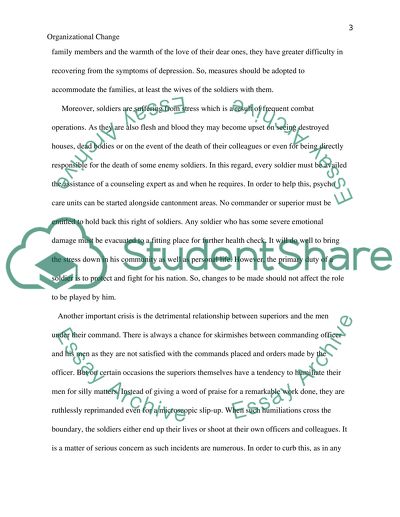Cite this document
(“ORGANIZATIONAL CHANGE PLAN Assignment Example | Topics and Well Written Essays - 1250 words”, n.d.)
Retrieved from https://studentshare.org/family-consumer-science/1417076-organizational-change-plan
Retrieved from https://studentshare.org/family-consumer-science/1417076-organizational-change-plan
(ORGANIZATIONAL CHANGE PLAN Assignment Example | Topics and Well Written Essays - 1250 Words)
https://studentshare.org/family-consumer-science/1417076-organizational-change-plan.
https://studentshare.org/family-consumer-science/1417076-organizational-change-plan.
“ORGANIZATIONAL CHANGE PLAN Assignment Example | Topics and Well Written Essays - 1250 Words”, n.d. https://studentshare.org/family-consumer-science/1417076-organizational-change-plan.


